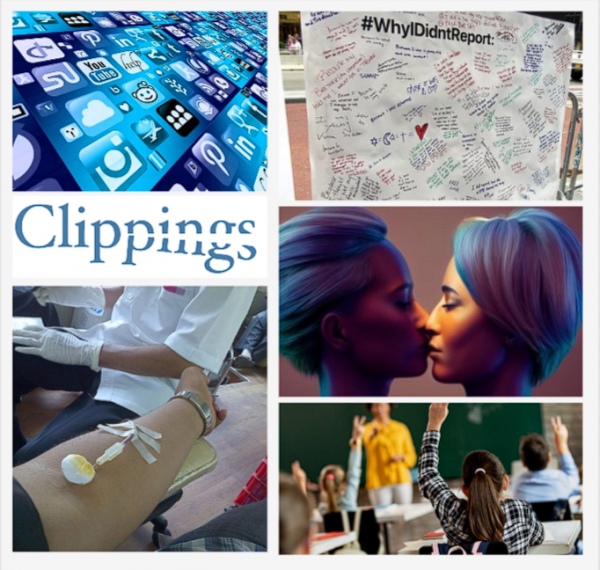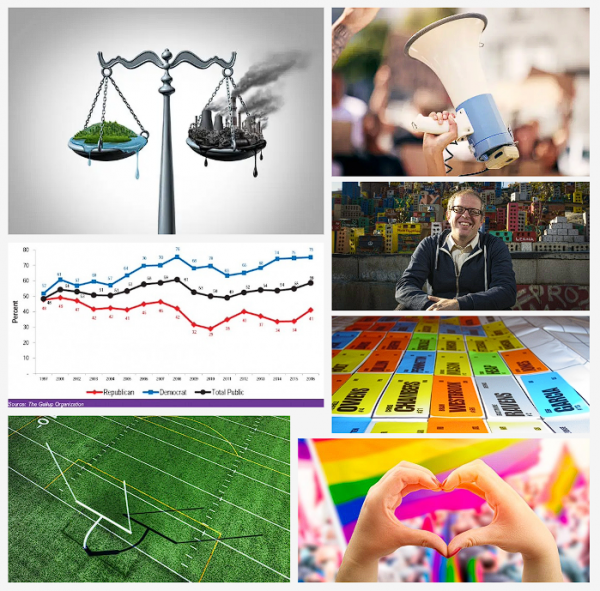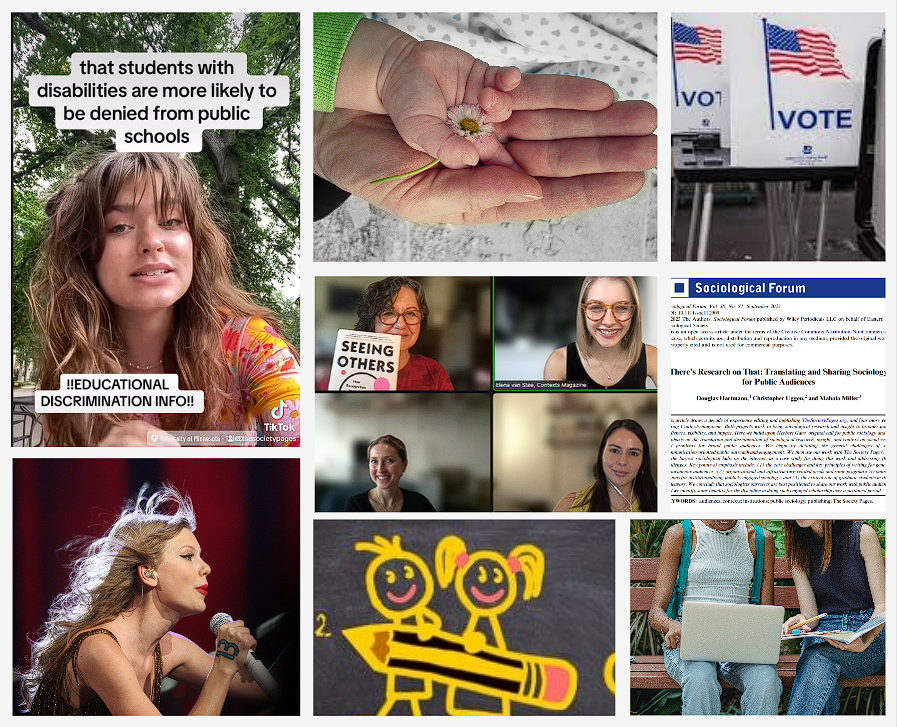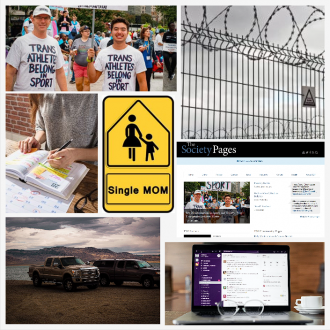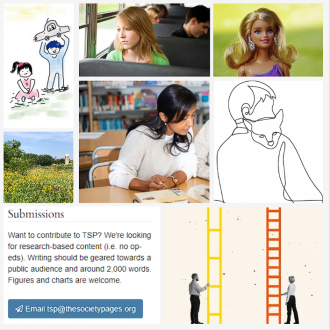
New & Noteworthy
Nicole Smitgen and the TSP social media team has done it again! As ABC’s The Golden Bachelor continues to frequent headlines, our latest TikTok highlights research by Lauren Harris on online dating for older adults. Check out the TikTok and our recent Discovery!
We recently released our 2nd podcast episode with Dr. Natasha Warikoo on her book, Race at the Top: Asian Americans and Whites in Pursuit of the American Dream in Suburban Schools. Our board members Nicole Smitgen, Caroline Carland, and Mason Jones had a blast interviewing Dr. Warikoo and learned a lot! Check out the podcast here.
Leo LaBarre wrote up a new Discovery, “Autistic Person” or “Person with Autism”?, on work by Connor Keating, Lydia Hickman, Joan Leung, Ruth Monk, Alicia Montgomery, Hannah Heath, and Sophie Sowden. Give it a read and learn more about language preferences in the Autism Community.
From the Archives
Narges Mohammadi was awarded the Nobel Peace Prize this past Friday. She has worked for decades towards gender equality in Iran and is currently sentenced to 31 years and 154 lashes for her work. Learn more about “women, life, freedom” in Iran by reading a piece written by Maryam Alemzadeh in Contexts.
Katalin Kariko also won a Nobel Prize for her work on the development of technology to create mRNA vaccines for COVID-19. Dr. Kariko has faced a number of barriers in her career – which is not uncommon for women in STEM careers. Read our TROT on these barriers here to learn more.
More from our Partners & Community Pages
- Dan Brook has a quick and humorous piece on a recent sociology experience at the airport.
- Sophie X. Liu wrote a piece on work in Social Networks on editors on Wikipedia.
Council on Contemporary Families:
- Daniel J. Bartholomay addresses the assumptions behind the question If a man is dating a woman, what is the man’s sexuality?

